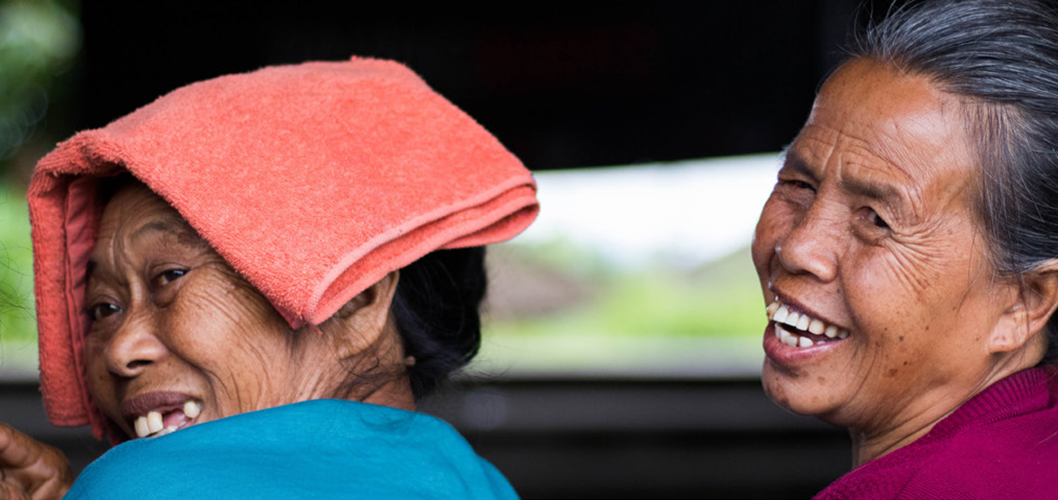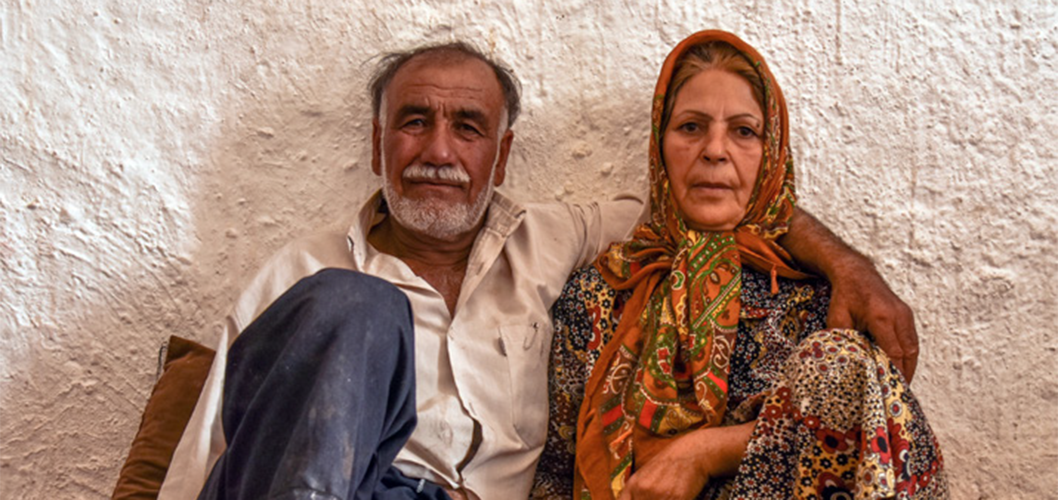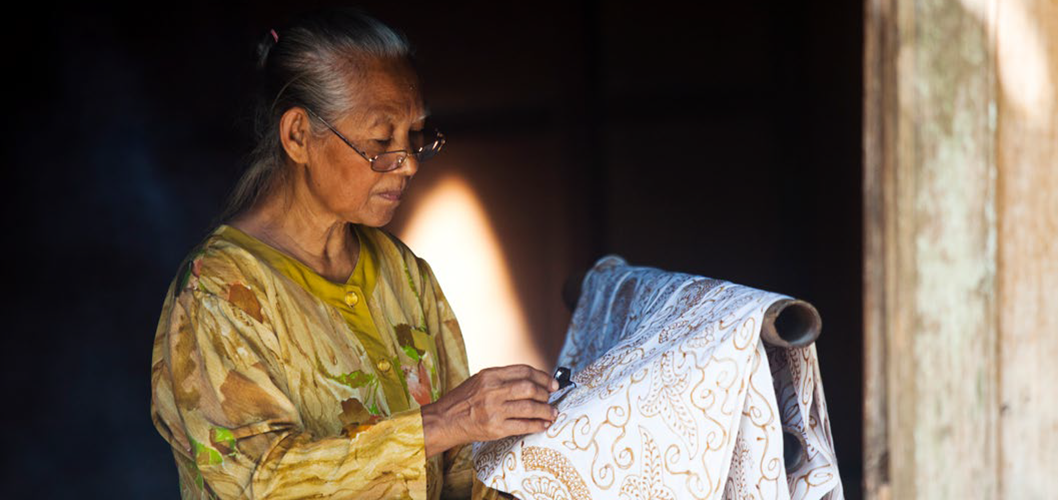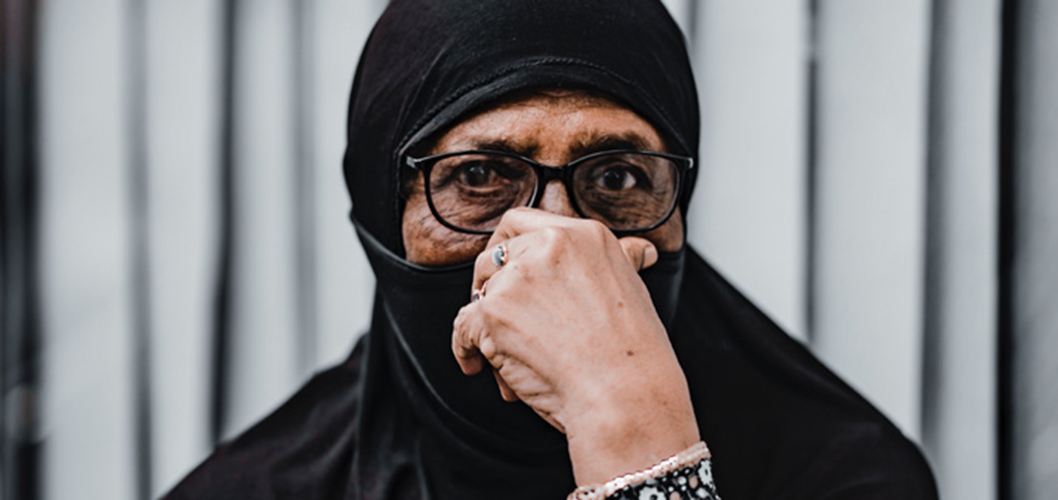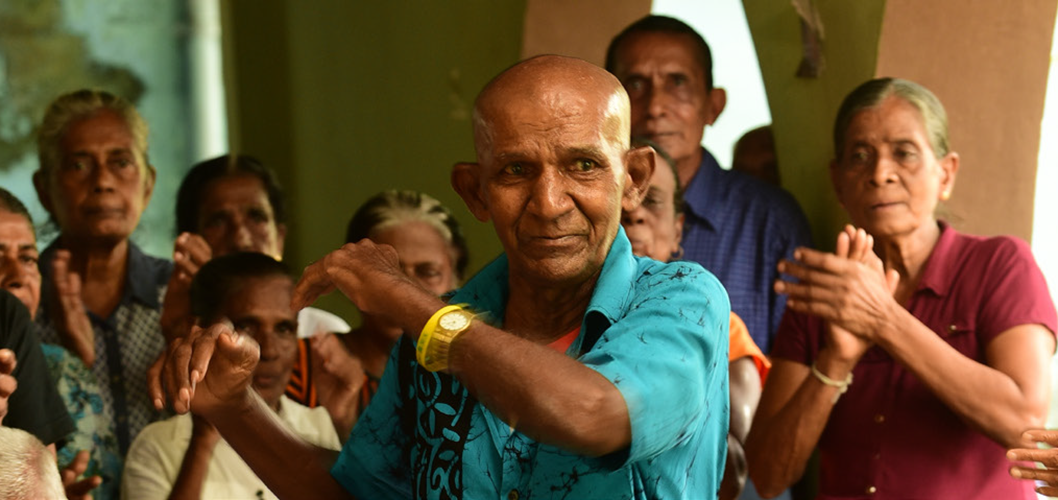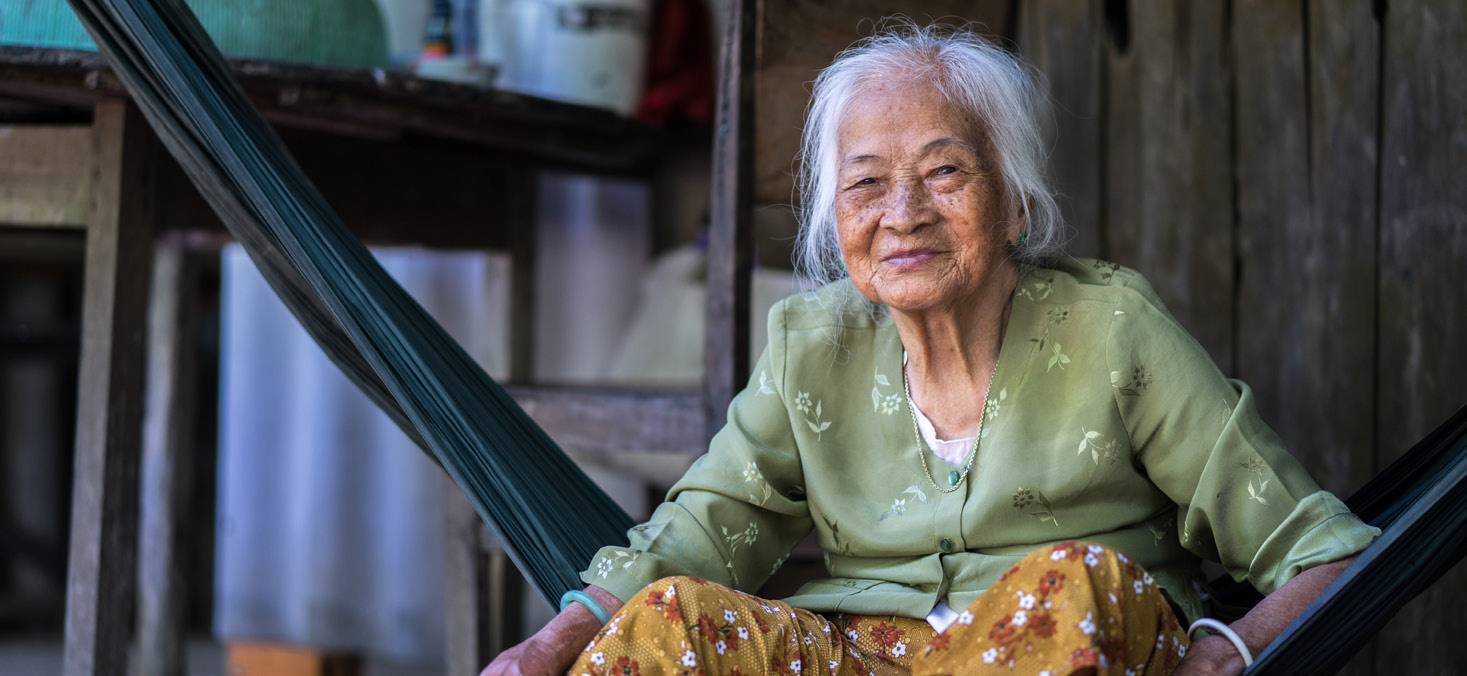Some of the world’s most rapidly ageing populations are in Asia-Pacific.
Population ageing has significant social, economic, and political implications. Yet, many countries are unprepared for the impact that an ageing populace will have on society.
It will cause work patterns to change, while health and social care expenditure will need to be increased.
Governments will need to adapt their ageing policies if they are to respond successfully to the diverse needs of the rising numbers of older people in their communities and ensure that their rights are fulfilled.
Download the research overview and country case studies:
India |
Indonesia |
Iran |
Malaysia |
Maldives |
Sri Lanka |
Vietnam |
Research
In 2022, HelpAge collaborated with UNFPA’s Asia-Pacific Regional Office, to conduct research into how ageing policy interventions impact the lives of older people. The research covered seven countries: India, Indonesia, Iran, Malaysia, the Maldives, Sri Lanka and Vietnam.
We analysed the extent to which national policy interventions adopt life-course, rights-based and gendered approaches in their design and implementation.
And we suggested good practices that would deliver meaningful improvements to the design of policy interventions and enable governments to learn from and improve their existing ageing policies.
What did we learn?
We have developed this series of case studies on the ageing policy interventions in place in the seven featured countries.
They reveal that none of the countries were fully able to demonstrate a rights-based approach that empowers older people and strengthens their inclusion and participation in society.
They also highlighted the need for more specific criteria with which to systematically appraise and categorise policy interventions as adopting a rights-based approach. These may now be considered in next steps to developing fuller
guidance to support implementation and adaptation of ageing policies across the Asia-Pacific region.


